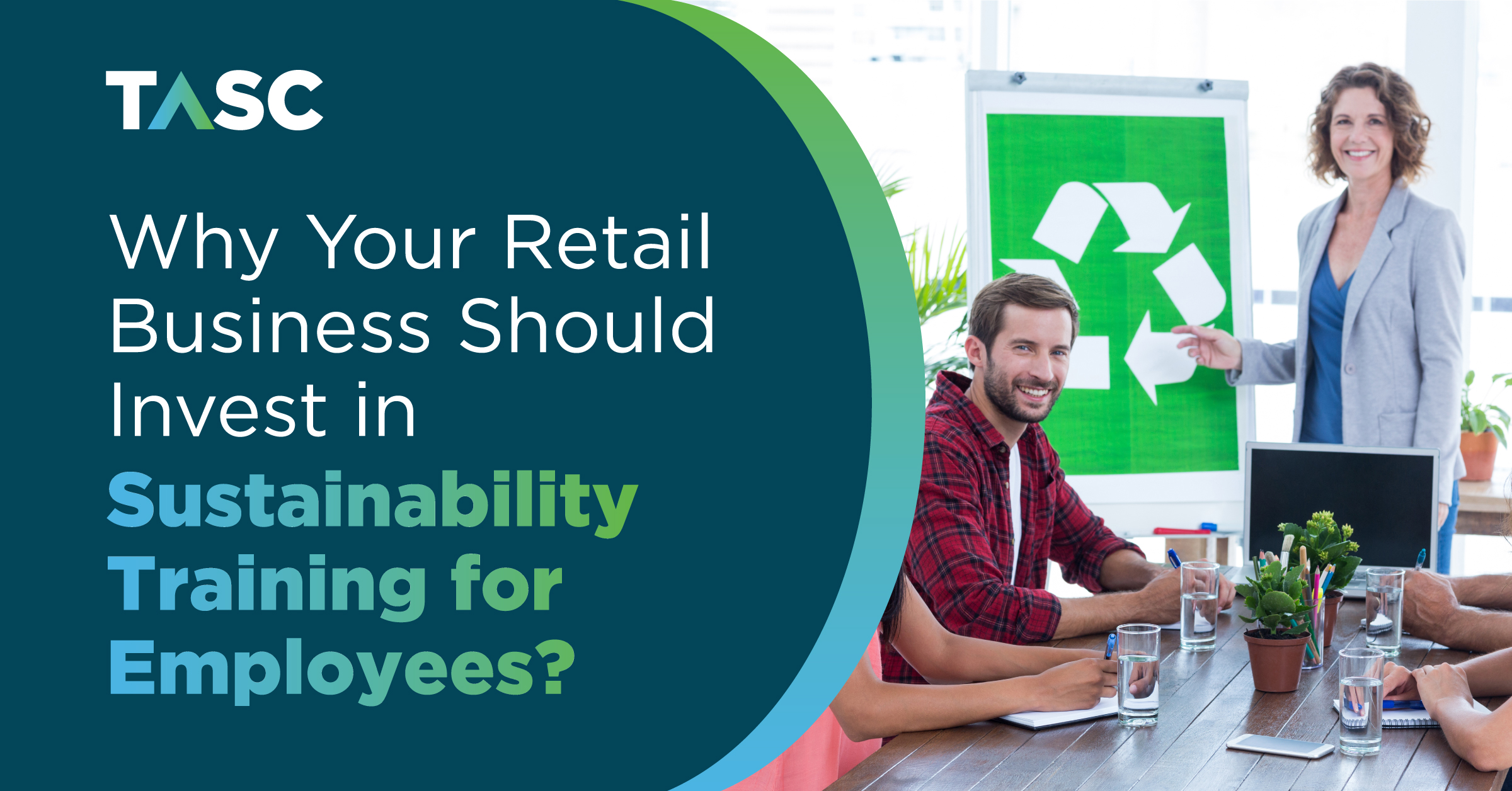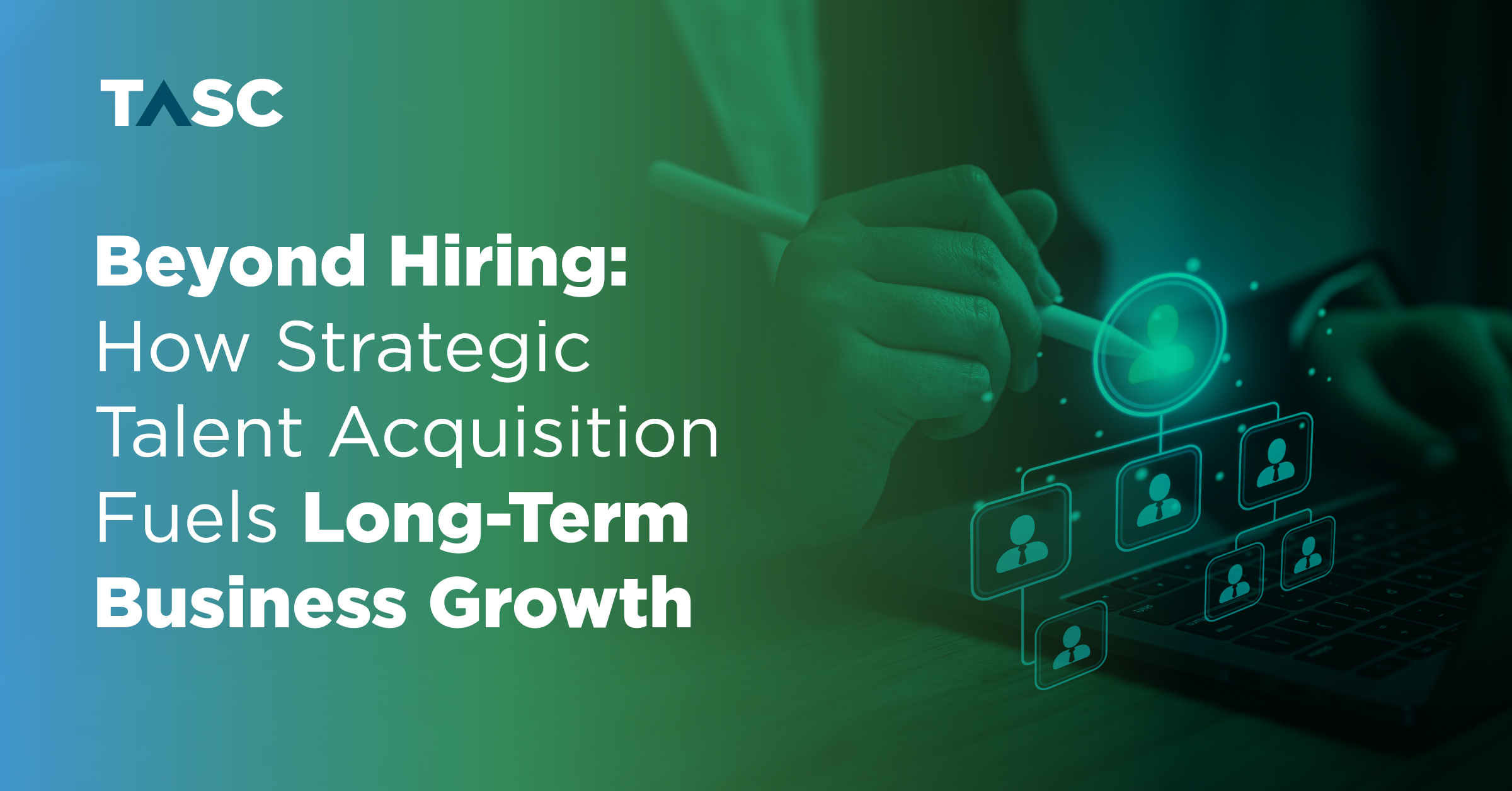Why Your Retail Business Should Invest in Sustainability Training for Employees
Did you know that the UAE government is urging retailers to adopt sustainability in their operations to achieve their climate ambition and drive positive change in consumer habits?
If you’re a retail business operating in the UAE, embracing sustainability is no longer a choice.
Apart from meeting the needs of the rising pool of eco-conscious consumers across the world, you’re also required to do your bit to achieve the UAE’s Net Zero goals by 2050.
When we talk about sustainability, it goes way beyond energy conversation and eco-friendly light bulbs. From clothing to skincare, consumers are actively choosing brands committed to sustainability – not just in their end-products but overall operations.
As a result, investing in sustainability training for your employees has become the need of the hour. It allows you to forge stronger connections with your existing and potential customers.
And the best part is that there are practical steps you can start implementing right away to make it worth every buck.
By adopting sustainability as part of your company culture, you get to provide an eco-conscious experience to your customers. And we all know that happy customers are repeat customers.
A recent study revealed that over a third of global customers don’t mind paying more for sustainable alternatives.
Hence, it won’t be incorrect to assume that there’s real potential to earn more revenue by adopting sustainability as a value. And at the same time, you also get to make a real difference in society.
The Shift Towards Sustainable Retail – Trends and Stats
Today, sustainability is a massive deal in the retail space, and it’s not just in the UAE market. Don’t believe us? Here are a couple of trends and stats you must see –
- A staggering 73% of consumer industry CXOs have increased investments in sustainability in the past year.
- 84% of leaders believe that global economic growth can align with climate change goals, with 50% of companies actively developing climate-friendly products or services.
- IRi reveals that 93% of consumers maintained or increased their sustainable purchase habits in the past year.
- Sustainable products command a 17% market share, growing 2.7 times faster than their non-sustainable counterparts, according to NYU Stern.
- 78% of consumers prioritize a sustainable lifestyle, making more retailers adopt sustainable practices.
- Capgemini Research Institute reports that 79% of consumers alter their purchase preferences based on social responsibility, inclusiveness, or environmental impact.
It’s safe to say that these trends are going nowhere, especially when the UAE government is pushing for it.
As a retail brand, it’s time you grab this as a growth opportunity to invest in training your employees to witness long-term revenue growth in the years to come. Through this approach, you also get to position your brand as a leader in a market that’s rapidly favouring environmental responsibility and eco-conscious consumerism.
Sustainability Training for Your Employees – Its Importance
When it comes to sustainability in retail, you might think investing more capital in reinvesting your products will provide a better ROI. And while that’s not wrong, it’s not enough.
If people are the building blocks of your business, you have to equip them with knowledge and skills that can help build an eco-conscious culture within your organisation. And you can do it through tailored sustainability training.
If you’re wondering what the perks are, we’ve listed them for you –
Sustainability Training Spreads Awareness Among Employees –
You may be a green-focused leader, but not everybody in your team shares that value.
Most eco-conscious business owners tend to overestimate employee awareness about global sustainability. Think of older employees who never had formal education on climate change or biodiversity loss.
While things are better now than before, there still is a huge gap, which only points to the fact that more businesses need to invest in targeted sustainability training.
If you want to capitalise on sustainability, it starts with creating awareness, which often begins with the basics – climate and biodiversity.
When you close the gap, it would mean that everyone is on the same page, and only then can you expect your workforce to take the sustainability issues within your organisation seriously.
Sustainability Training Accelerates Net Zero Goals –
The government doesn’t just mandate net zero goals, but it’s equally important for your business too. When you aim for net zero, you make your business more resilient against national or market disruptions.
Around 86% of business leaders have reported that sustainability investments have played a role in protecting their businesses from disruption.
It’s possible for you to achieve your net-zero goals only when you’re committed to providing quality training and resources to your employees.
When your staff has the know-how and tools to comprehend and implement sustainability practices, it accelerates the journey towards a low-carbon future.
Through corporate sustainability training programs, you can provide insights into cutting-edge trends, technologies, and methodologies to reduce your environmental impact.
Apart from arming your employees with individual knowledge, you also turn them into sustainability champions within their roles who can foster a culture of positive change throughout the organization.
When you integrate sustainable practices into daily operations, the collective effort has the power to push your business towards achieving your net-zero objectives, which ultimately helps your business in the long run.
Sustainability Training Boosts Organizational Efficiency –
An increase in workforce efficiency is a direct outcome of sustainability training initiatives. The programs provide employees with the expertise and knowledge to recognize and implement efficiency measures in diverse aspects of their work.
From waste reduction to energy conversation, targeted training can empower individuals to discover new and innovative ways to increase efficiency. The ripple effect of it can be significant, often seen as streamlined work processes and reduced waste generation.
As a business, you not only get to reduce your environmental impact but also improve your financial performance.
Sustainability Training Saves Costs –
One of the clear advantages of sustainability training is cost savings for retail businesses. Even basic actions, such as turning off the lights, reducing water usage, and promoting recycling, can prove to have an impact on significantly cutting down on your company expenses.
When employees are educated on the importance of conserving resources and managing water, they actively make conscientious choices that directly contribute to cost education.
By adopting sustainability, you aren’t just making an environmental investment but a smart financial decision.
By adopting sustainable practices, you can lower utility bills, reduce waste disposal costs, and even be eligible for specific government certifications and incentives.
Therefore, sustainability training not only offers a way to benefit the environment but is a practical strategy for businesses that aim to increase their financial health using eco-friendly initiatives and mindful resource management.
Wrapping Up
Sustainability training is crucial for retail businesses that want to take active steps to engage in eco-friendly practices. Through targeted programs, your employees will have the knowledge and skills required to understand and contribute to keeping our products and operations sustainable.
When you take this route, you get to meet your green goals and, at the same time, make more money in an eco-conscious consumer market.
As the world is focusing more on sustainability, investing in green training is becoming increasingly crucial for long-term business success.
It’s safe to say that it is not just a passing trend but a critical factor in creating a future where businesses can be profitable and environmentally responsible at the same time.


.png)


